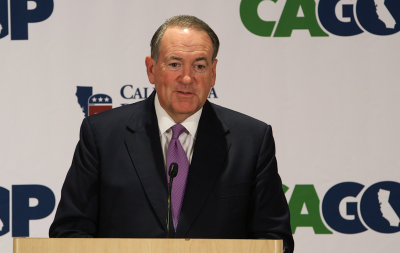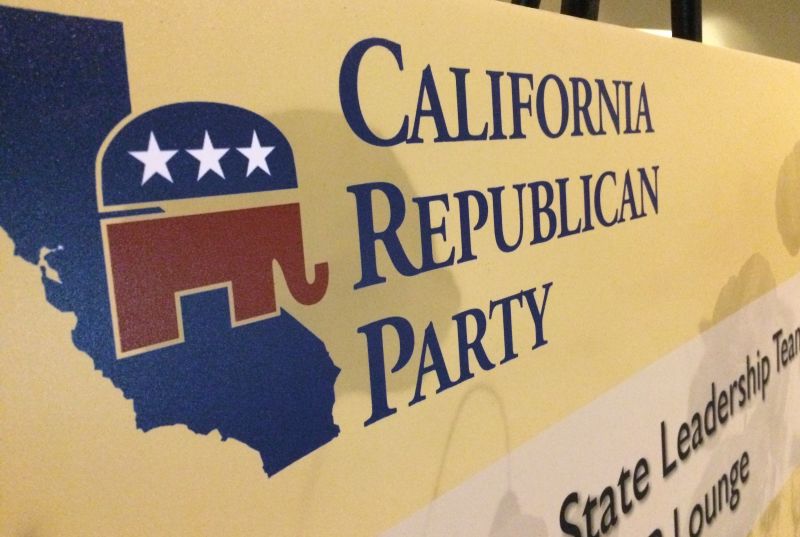And that means more young voters, more voters of lower income brackets and more Latinos.
"Young, poor, and brown are three characteristics that Republicans have never done well with," said Madrid.
It's the Republican presidential slugfest, one where immigration issues have become a flashpoint, that's getting all the attention. Donald Trump, the brash billionaire, has led the charge by calling for mass deportations of millions of undocumented immigrants -- a campaign promise at least one GOP candidate in California sees as tantamount to an electoral annihilation.
"It kills us," Assemblyman Rocky Chávez, R-Oceanside, told reporters at the state party convention. The first-term legislator is one of several Republicans who plan to run for the state's open U.S. Senate seat in 2016.
"I've been very active in saying that man [Trump] does not have the character, or the leadership, to be at the top of the ticket," said Chávez in an interview.
The saga of Latino voters and the state GOP has played out so many times over the years that it's hard to keep count. From the flashpoint days of 1994 onward, party loyalists have wrestled with how to reach out to the state's fastest-growing demographic. And this weekend, yet another fight is looming over the state party platform and language designed to reshape the official position on illegal immigration.
But a number of Republicans interviewed at the weekend state convention said they hope all candidates, on the national level and here in California, focus on what voters really care about -- namely, pocketbook issues.
"I care about jobs and the economy," said Shaz Umer, a Republican from Orange County. "Those are the issues that are most important to myself and to, I think, this country."
Others at the convention suggested the national campaign is, at worst, a distraction from the real rebuilding work for Republicans in California: winning over voters where they live.
"We're making inroads at the local level," said Pat Bush, president of the Orange County Federation of Republican Women. "You have to start locally and build up."
Because most local offices in the state are technically nonpartisan, and thus feature candidates running without a party affiliation beside their name, strategist Madrid said it's a playing field where issues are more important than ideology, and Republicans winners outnumber Democrats.
"When you take out the social issues and the [party] brand," said Madrid, "Republicans win on things like government accountability, government transparency, law enforcement."
The party's challenge, it seems, is to decide whether the 2016 election cycle offers space for those issues or instead is swamped by the larger national narrative that comes with so many risks for a statewide organization trying hard to outgrow its contentious past.


